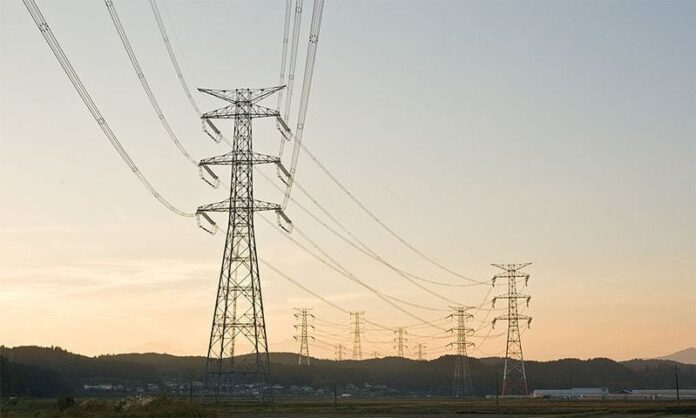Circular debt in the country’s power sector jumped 32 per cent in one year, going up Rs1.6 trillion in June 2019 to Rs2.1 trillion in June this year, according to National Electric Power Regulatory Authority’s (Nepra) State of the Industry Report 2020 compiled by Express Tribune.
The sudden increase can be attributed to higher losses, power theft, inefficiency and low bill recovery from consumers by power distribution companies (DISCOs).
Regarding power generation, the report said installed power generation capacity of Pakistan as on June 30, 2020 stood at 38,719 megawatts as compared to 38,995MW on June 30, 2019, a net decrease of 276MW. During the year under review, transmission and distribution (T&D) losses of tribal areas, Quetta and Peshawar electricity supplying companies increased whereas losses of Islamabad, Gujranwala, Lahore, Faisalabad, Multan, Hyderabad and Sukkur companies decreased.
Combined recovery of all DISCOs in financial year 2019-20 stood at 88.77pc of total bills as compared to 90.25pc in FY19, a decrease of 1.48pc year-on-year (YoY).
Receivables from public and private consumers as well as delayed payment of subsidies were causing an increase in the circular debt. DISCOs were required not only to improve recovery from public and private consumers but also actively follow-up with relevant governments for timely release of subsidy, the report said.
Similarly, commercial, educational and industrial outfits were also inclined to drift away from DISCOs and opt for self-generation through solar power. Apart from that, according to the report, various industrial and commercial consumers of DISCOs, dissatisfied with the higher cost and poor quality of services, tend to directly purchase electricity from generation companies for reliable and cheaper supply through wheeling arrangements.
The report stressed that power sector reforms envisaged transition from the monopoly structure to a competitive market – an objective which had not been achieved yet.
“Any attempt to further protect the monopolistic and oligopolistic status quo may not only hurt the power sector but also overall economic growth of the country,” the report warned.
The report further added that gas allocation and its supply to power plants is not well coordinated between relevant entities whereas on various occasions, gas was being supplied to less efficient power plants while under-utilising or non-utilising the efficient power plants due to unavailability of gas.
Furthermore, steam turbine power plants of Gencos and K-Electric using pipeline quality gas were inefficiently burning gas. Similarly, power generation by captive power plants, having a much lower efficiency, was also inefficiently burning gas.
Thus, the report also urged to ensure burning and supplying of allocating gas in the most efficient power plants.
Moreover, the report said that the policy of load-shedding at the feeder level on the pretext of high losses and low recovery is penalising the law-abiding and good-paying consumers, adding that DISCOs needed to improve governance and disconnect the individual consumers who were either defaulters or involved in electricity theft, rather than resorting to load-shedding on high-loss feeders.




